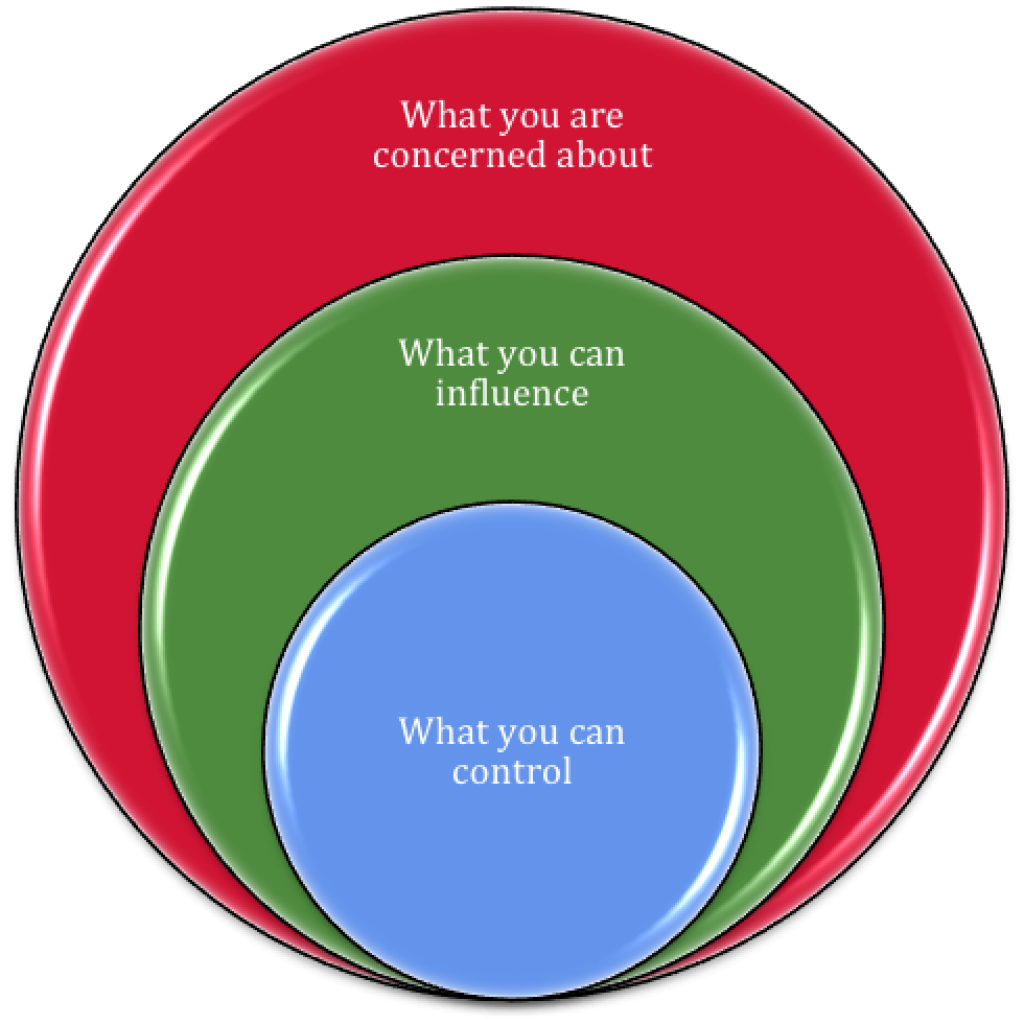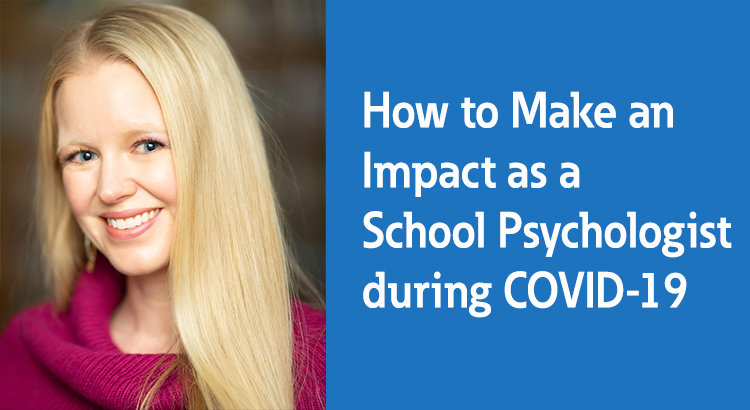My post-spring break to-do list was carefully planned out. Timelines hovered over me, and I knew exactly what I needed to do to complete all my evaluations before the end of the school year.
It was a typical feeling for a school psychologist in the spring. As a school psychologist for 13-years, my thoughts were, ”This is familiar. I got this.”

Then, our world changed over the weekend. Gradually, then suddenly.
Schools closed.
Knowns became unknowns. Uncertainty became the norm.
Moments of newness and ideas do bring excitement! School parades brought joy to everyone. Humorous memes were shared. Creativity blossomed as Zoom, FlipGrid, and Google Classroom became common terminology. Everyone began to share resources.
And resources.
And even more resources.
A Surreal Reality
But, the novelty can wear off fast as realities and overwhelm set in. Friends and family became furloughed. Our children’s education fell into our hands. My inner circle included small business owners, essential workers, and those with compromised immune systems.
The weight of unprecedented times weighs heavy on our shoulders.
But What Does This Mean for Me as a School Psychologist?
If I can’t work with kids, how can I continue to make an impact? How do I do my job differently?

Oh, did I mention I have three young children at home with me? 24/7.
It’s normal for fear, doubt, and worry to begin to creep in. The words of Stephen Covey from 7 Habits of Highly Effective People began to resonate in my mind.
When we put our energy into what we can control, we will be more effective and have a greater influence.
The list is massive of all that is out of our control. My old to-do list is now a crumpled up ball in the trash can. This is the time to throw your’s away too.
A Different Way
As school psychologists, It can be paralyzing and limiting to feel like we can’t do anything right now. Everything is different and changing.
A challenge to you: Look for the opportunity in this crisis. Our profession is very much alive and impactful.

These 4 actions have become my new priorities in our ever-changing reality:
- Focus on everyone’s well-being
- Embrace opportunities for human connection
- Encourage intentional relationships
- Be a learner
1. Focus on everyone’s well-being
The families we serve are in crisis. We may be in crisis ourselves.
Talking about prioritizing children’s and families’ well-being has never been more critical.
Before each virtual evaluation meeting, it’s been helpful to connect with teachers, school counselors, and principals to better understand the resources that our families may need – food, medical access, emotional support, or community resources.
As we reflect upon Maslow’s Hierarchy of Needs, physiological and safety needs must be addressed first. Helping families meet their most basic needs aids their well-being.
Making our own well-being is also crucial during this time. Get fresh air, sunshine, and move. Eat healthy foods, drink water, rest, and find a way to laugh. Look for ways to socially connect while staying physically distanced.
This may not be easy in these circumstances, but it is in our circle of control
2. Embrace opportunities for human connection
Vulnerability is the driving force of connection.
This is a perfect opportunity when we can all check-in with each other and ask, “How are you doing? How are things going for your family?” Our pandemic is affecting each person in a different way. It means a great deal knowing that someone else cares and is thinking of you.
It’s ok to admit that most days aren’t perfect or even ideal. We can all relate to that.
In addition to reaching out to students and families, we can reach out to our fellow teachers and administrators. Navigating uncharted waters is stressful and exhausting. If you have never communicated with your school board, this is a time to reach out in gratitude for the support.
Everyone is doing their best and that can be acknowledged. Expressing appreciation is a valuable gift that can be freely given, especially now.
Brene Brown says, “We don’t have to be scary when we’re scared. Instead, when we shift our focus to be out of service, we not only calm our own fears, we also help others feel stronger, more supported, and more inspired and rise and become their best selves. We connect heart to heart. And grow as a humanity.”
3. Encourage intentional relationships
Let’s not spend our time spinning on what we cannot do.
In recent virtual evaluation meetings, it’s been productive to have team discussions around what we can do now.
For example, How can the newly involved special education teacher begin to develop a relationship with the student? The creativity and the focus on first building an intentional relationship with the student are incredibly refreshing.
When school is in session, collaboration time can be bound by the confines of the daily schedule. Instead of squeezing in a team planning meeting between 11:10-11:35 during the lunch break, some of the highest quality conversations have taken place recently because of the relaxed time constraints during the day.
Team relationships that have bloomed only strengthen our impact on students.
4. Be a learner
No one is an expert right now. But, we can all commit to being learners.
For example, as we begin to support teachers and schools with remote learning plans, we are all continuing to learn about instructional accommodations and modifications. We can band together, continue to be problem-solvers, and learn collectively.
What if something changes? It will. We can accept this reality.
What if we have to learn something in a different way? Let’s choose to stay positive and open-minded.
We are worried we may make a mistake. We will act in good faith and make the next right decision.
No one has all the answers.
Jump in! Be a learner.
Final Thoughts for You
During this time, our expectations for ourselves and others may need to change. Everyone, including yourself, needs grace right now.
Give it abundantly and frequently.
Keep your eyes focused on the impact we can make. Rethink your priorities and the to-do list. Recognize the strengths of our profession – and your own strengths.
Look for the opportunity in this crisis.
